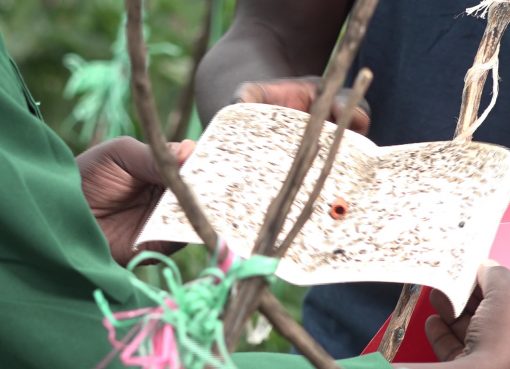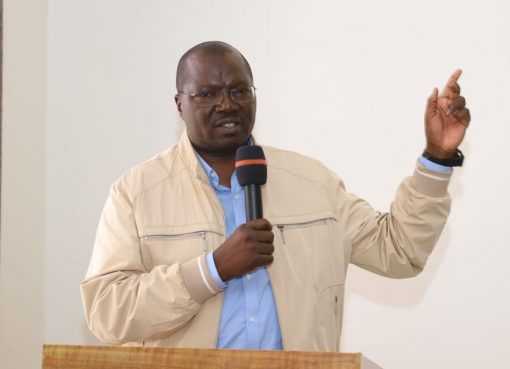AfricaRice and Africa Harvest with the support of International Fund for Agricultural Development (IFAD) have initiated a project in partnership with national programmes to enhance the performance of rice production.
According to AfricaRice, the project titled ‘Strengthening Rice Sector in East Africa for improved productivity and competitiveness of domestic rice’ (EARiSS) targets Kenya, Uganda and Madagascar with an aim to achieve self-sufficiency in rice production.
Ministry of Agriculture, Livestock, Fisheries and Irrigation Cabinet Secretary Mwangi Kiunjuri in a speech read on his behalf by Deputy General Manager, Operations & Irrigation Management Services Daniel Atula said that IFAD-funded project seeks to boost rice output to 400, 000 tons by 2022 under food security of the ‘Big Four’ agenda.
“Rice is the third most consumed staple food in Kenya after maize and wheat. Its consumption which is estimated at 500, 000 tons continues to increase due to changing dietary preferences, higher income and urbanization. Local production estimated at 70, 000-80, 000 tons annually has not been able to meet the demand leaving a deficit of close to 400, 000 tons,” said Kiunjuri.
Kiunjuri added that rice imports have been costing Kenya Sh7 billion annually to meet the demand and that the country’s import dependency ratio remains at a high of 88 percent adding that a solution to this is increasing the land under irrigation for rice production.
The three year project will benefit about 3, 000 households that is 2, 000 from Madagascar, 500 from Kenya and 500 from Uganda. Approximately 18, 000 people are expected to benefit from this project whereby at least 40 percent will be women and 20 percent youth.
AfricaRice Director General Harold Roy-Macauley in a speech read on his behalf by AfricaRice Rice Value Chain Expert Gaudiose Mujawamariya said that this was the first project in Kenya which aims to contribute to the rice value chain in Africa.
Africa Harvest Chief Executive Officer Florence Wambugu said that the project would contribute to the nation’s rice strategies key among them ensuring rice self-sufficiency to reduce the country’s import bill which runs to millions of dollars every year. This money could be used to improve Kenya’s domestic rice production sector.
“The project is expected to contribute to the improvement of food and nutrition security, sustainable agricultural development, creation of rural employment for women and youth, reduction of import bill and economic development in the project countries,” Wambugu reiterated.
The project is linked to the national rice development strategies in the three countries and is aligned with IFAD objectives as it would promote the out scaling of innovative, pro-poor approaches and technologies through the indigenous persons to achieve greater impact, strengthen partner’s institutional capacities, enhance advocacy and policy engagement and share generated knowledge for development impact.
By Arasha Soila/Charles Kirundi
Saturday, May 31, 2025




